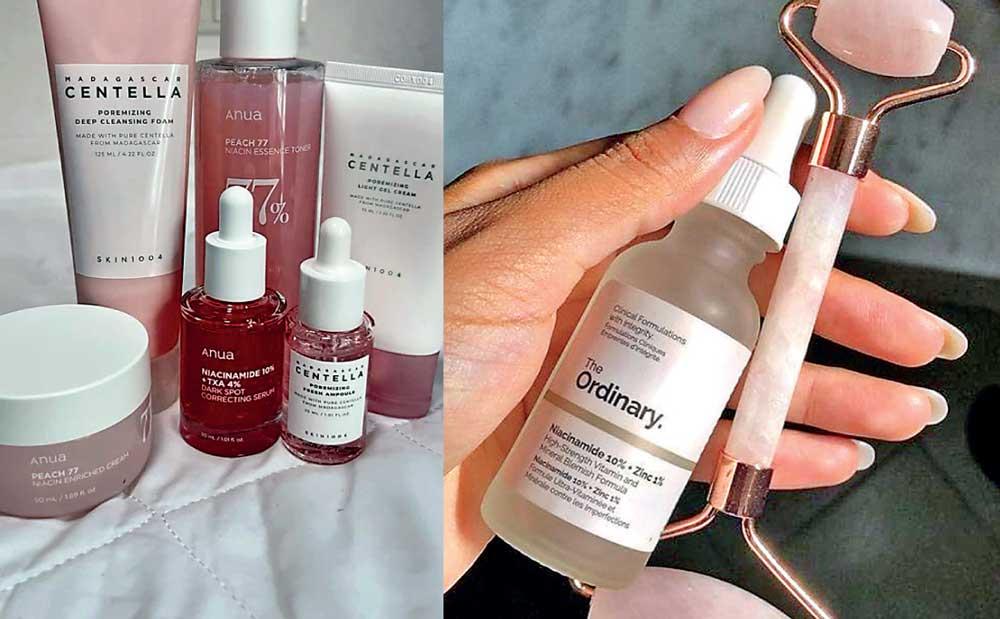
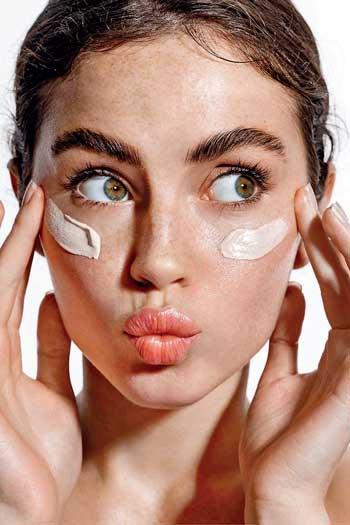
- Time management and digital detoxing have also become part of the self-care conversation. Gen Z is beginning to recognize the toll that constant connectivity can have on their minds.
In a world that never stops moving, where information is constant and digital screens are inescapable, a silent revolution is taking place among Gen Z. No longer satisfied with surface-level wellness routines or occasional retreats from chaos, this generation is reframing self-care as a daily necessity rather than a luxury. From skincare rituals to the development of emotional intelligence, Gen Z has turned self-care into both a lifestyle and a statement of values. It is a comprehensive, conscious, and deeply personal approach to navigating the demands of modern life.

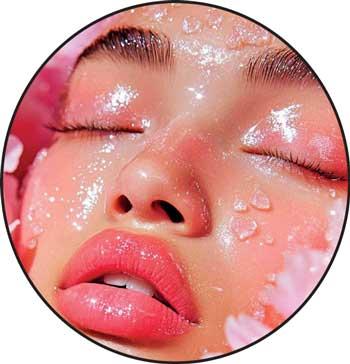 For older generations, self-care often meant a spa day or a mental health break after burnout. But Gen Z approaches it differently. Raised during economic uncertainty, climate anxiety, global pandemics, and digital overload, they have grown up hyper-aware of their mental and emotional well-being. Instead of reacting to stress, they are actively building systems to manage it. Self-care is no longer passive or reactive. It is strategic, intentional, and rooted in self-preservation.One of the most visible aspects of this trend is skincare. To many outsiders, it might seem superficial. However, for Gen Z, skincare is much more than achieving clear skin. It is a ritual that creates structure in chaotic lives, a few minutes each day where they can reconnect with themselves. It is mindfulness in motion. The act of cleansing, moisturizing, and applying serums becomes a symbol of self-worth. With this mindset, skincare transforms from a cosmetic practice to an emotional one.
For older generations, self-care often meant a spa day or a mental health break after burnout. But Gen Z approaches it differently. Raised during economic uncertainty, climate anxiety, global pandemics, and digital overload, they have grown up hyper-aware of their mental and emotional well-being. Instead of reacting to stress, they are actively building systems to manage it. Self-care is no longer passive or reactive. It is strategic, intentional, and rooted in self-preservation.One of the most visible aspects of this trend is skincare. To many outsiders, it might seem superficial. However, for Gen Z, skincare is much more than achieving clear skin. It is a ritual that creates structure in chaotic lives, a few minutes each day where they can reconnect with themselves. It is mindfulness in motion. The act of cleansing, moisturizing, and applying serums becomes a symbol of self-worth. With this mindset, skincare transforms from a cosmetic practice to an emotional one.
This is supported by the booming skincare industry targeted at Gen Z consumers. Brands like The Ordinary, CeraVe, and Glow Recipe have gained cult followings not because of flashy marketing, but because they prioritize transparency, education, and accessibility. Young people are reading ingredient lists, understanding skin types, and engaging in online skincare communities. Through this, they are developing critical thinking, patience, and even science literacy. Skincare becomes a form of empowerment.But self-care among Gen Z does not stop at the skin. It goes inward. Emotional intelligence and soft skills are now considered part of wellness. Terms like setting boundaries, active listening, mindfulness, and empathy are frequently seen on TikTok, Instagram, and YouTube. These are no longer abstract concepts taught in therapy sessions or leadership seminars. They are part of everyday conversations in classrooms, group chats, and podcasts.
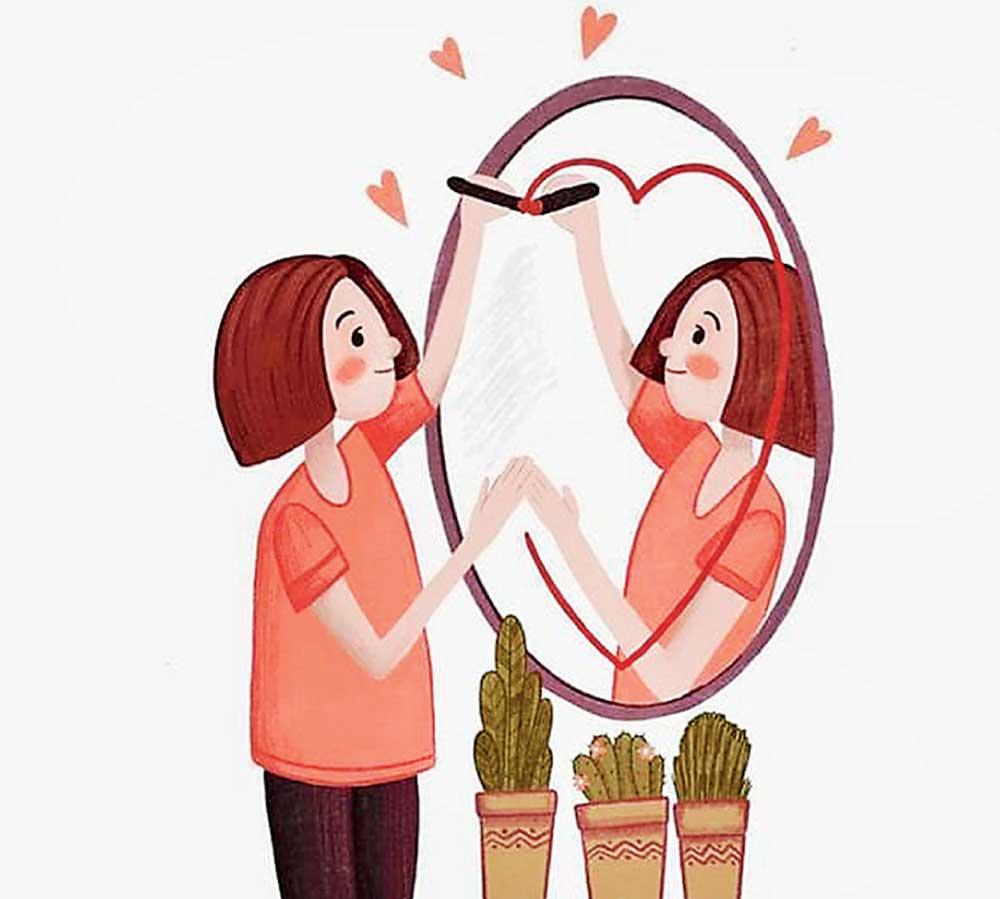
The prioritization of soft skills marks a significant cultural shift. In the past, education systems heavily emphasized hard skills, math, science, writing. Today, Gen Z values communication, teamwork, adaptability, and self-awareness just as much. These qualities are not just seen as tools for professional success, but as survival skills in a world filled with complexity and uncertainty. Knowing how to handle failure, manage anxiety, resolve conflict, and express needs is now essential.Social media has played a paradoxical role in this transformation. While it contributes to comparison culture and information overload, it has also become a resource for self-care education. Influencers, therapists, and coaches share bite-sized content that helps people navigate mental health, relationships, and self-discovery.
Platforms like TikTok and Instagram are filled with content about journaling prompts, trauma healing, breathing exercises, and positive affirmations. These may seem simplistic, but for a generation raised on immediacy, they are accessible entry points into deeper wellness practices.
Another major area of growth is therapy. Unlike older generations that might view therapy with stigma or shame, Gen Z sees it as a normal, even admirable, aspect of adulthood. Many young people talk openly about their therapists, share insights from sessions, or seek out therapy-inspired content. This normalization has opened the door to better mental health awareness and more open dialogue. Therapy is now seen not just as a response to crisis, but as a proactive tool for personal growth.
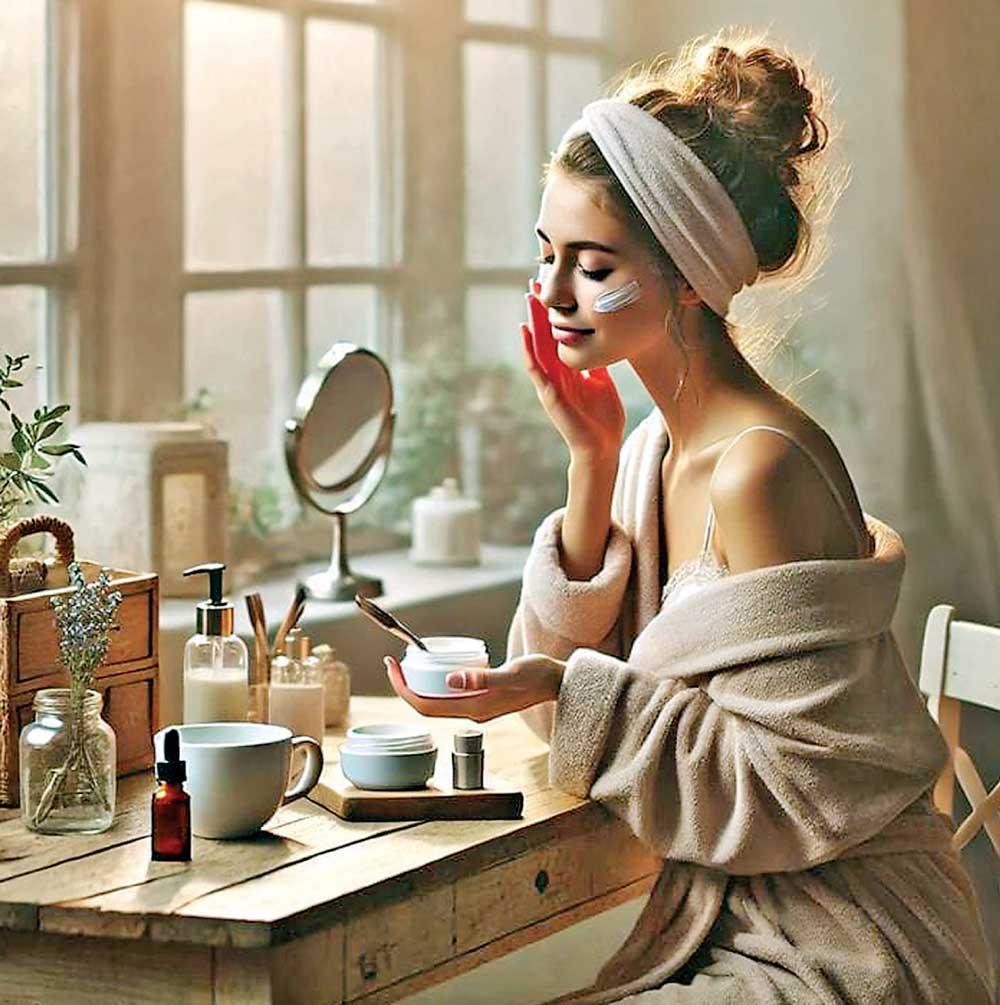
Time management and digital detoxing have also become part of the self-care conversation. Gen Z is beginning to recognize the toll that constant connectivity can have on their minds. As a result, many are adopting tools like screen time limits, focus timers, and do-not-disturb modes to reclaim their time and energy. Some participate in challenges like “no phone Sundays” or “dopamine detox” days. These are not about perfection but about creating healthier relationships with technology.The academic and workplace culture is also starting to reflect this shift. Universities are offering mental health days, wellness hubs, and mindfulness workshops. Employers are providing flexibility, mental health resources, and emotional well-being benefits. This is partially driven by the demands of Gen Z workers who want their employers to see them as humans first, employees second. They are not afraid to walk away from environments that compromise their values or well-being.
What is remarkable is that this new model of self-care is holistic. It includes sleep hygiene, hydration, therapy, movement, journaling, hobbies, social connection, and digital balance. It is not about indulgence; it is about sustainability. Gen Z is learning how to build lives that they do not have to escape from. They are treating self-care not as a Band-Aid, but as a foundation.Critics often claim that Gen Z is self-absorbed or emotionally fragile. But in truth, their self-care culture is a sign of evolution. Instead of suppressing emotions, they are processing them. Instead of waiting to burn out, they are setting boundaries early. Instead of conforming to outdated norms, they are creating new blueprints for health and happiness. This is not weakness. It is wisdom.
In the years to come, the ripple effect of this self-care revolution will be profound. Gen Z’s approach to wellness will influence how future leaders manage people, how companies structure work, how education is delivered, and how technology is designed. It will shape media, culture, relationships, and healthcare. And most importantly, it will create a generation that values balance as much as achievement.Self-care, for Gen Z, is not a moment; it is a movement. A movement toward wholeness, authenticity, and emotional freedom. Whether it is through skincare or soft skills, they are writing a new narrative, one where well-being is not a luxury, but non-negotiable.
Young people are reading ingredient lists, understanding skin types, and engaging in online skincare communities. Through this, they are developing critical thinking, patience, and even science literacy











